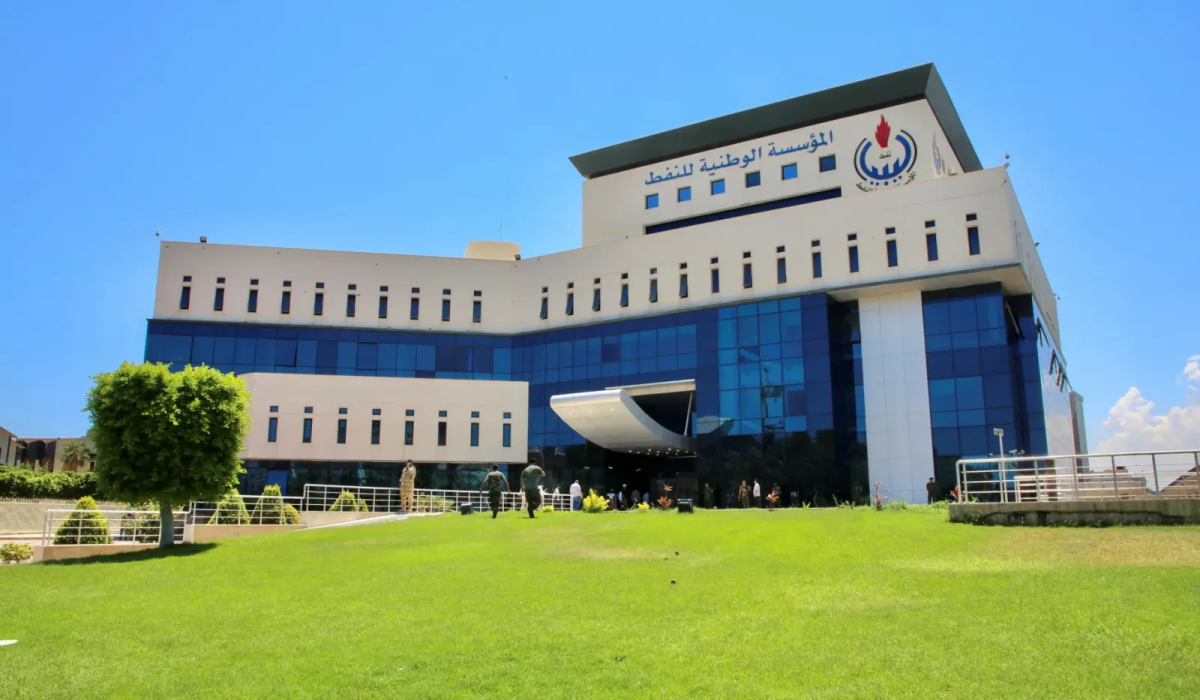
| Corruption Files, News
After the Fake Gasoline Scandal and Oil Sales Outside the Corporation… Financial Reports from Motor Oil Company Show That Libyan Oil Sales Have Incurred the Largest Losses in Its History
Financial reports for the years 2009, 2010, 2021, and 2022 from a leading company have shown that the average purchase prices for global crude oils, including Libyan Sidra crude, indicate substantial losses. Comparing the years 2009, 2010, 2021, and 2022, it was found that the losses resulting from the oil-for-fuel swap reached approximately $100 million annually for Sidra crude alone, based on an average production of about 290,000 barrels per day. This has become a significant economic disaster for a country that relies solely on oil as its income source. Below, we outline the direct and indirect damages added to these past losses.
Furthermore, according to financial reports between 2009 and 2010, Sidra crude was sold at a premium of $1.5 to $2 per barrel over competing Saudi Arabian Light Crude in Mediterranean markets, where Libyan crude dominated. However, after the oil swap deal and the involvement of brokerage companies between 2021 and 2022, the value of Sidra crude fell by 50 cents per barrel, meaning it was sold for less than Saudi Light Crude in Mediterranean markets.
Additionally, losses from the sale of Sidra crude in 2022 and the years before or after are estimated at $100 million annually. In contrast, from 2010 and prior years, Sidra crude sales generated profits of $150 million annually on average.
Sidra crude, considered a benchmark for Libyan crude, is part of a set of 12 different types of crude. Therefore, any decrease in Sidra crude’s value will affect the other Libyan crude types, leading to an escalating damage that cannot be fully assessed due to the lack of data.
According to the reports, the decline in the value of Libyan crude will also affect the settlement of contracts, tax collection, and royalties from oil companies, which are heavily dependent on the selling price of crude. Efforts are underway to gather data to estimate the size of these specific losses.
The reports also state that the drop in market value for Libyan crudes could extend its impact for two to three years, potentially lasting indefinitely unless addressed immediately. This would result in a significant decrease in revenue, putting pressure on the economy and affecting the strength of the Libyan dinar against the dollar.
Furthermore, data from the financial reports of the global company regarding official crude prices for the 2023 fiscal year did not include Libyan crude, indicating a lack of purchase of Libyan crude shipments. When compared to the 2023 audit report, it was confirmed that the company did not purchase any Libyan crude that year, and all oil shipments were fully bought by other UAE-based companies, some of which were new additions to previously existing companies, such as Mar, BG, and BP Energy, according to the Audit Bureau’s report.
Losses were measured only against competing crude, and no comparison was made with the Brent benchmark, meaning the losses could be even higher.
An oil expert stated to our source: “Thus, the total direct and indirect losses resulting from the barter system and dealings with corrupt and small companies are expected to reach between $250 million to $300 million annually. The total revenue losses from oil sales are estimated to be $600 million annually.”
He continued: “The annual losses from selling oil below its market value are easy to conceal and not detected by the Audit Bureau or any other entity unless through detailed auditing that surpasses state boundaries. Moreover, fuel smuggling, according to UN reports, has no local figures, and the sale outside the institution remains unaccounted for, making the exact losses hard to estimate. Ultimately, these losses are passed on to the citizens, either through fuel subsidy cuts or a devaluation of the Libyan dinar.”
He questioned: “How long will people remain passive and silent about the loss of their livelihood and the future of their children? Do we disbelieve international companies and reputable newspapers that respect the judiciary and the rule of law, while believing those who do not respect the law?”





